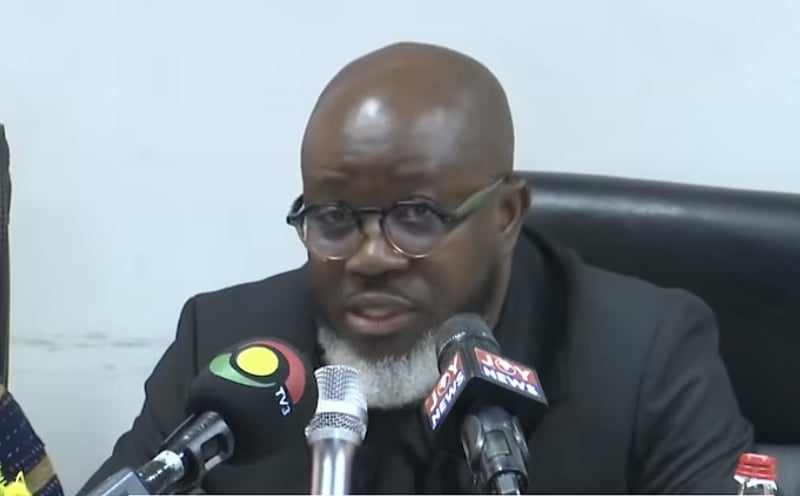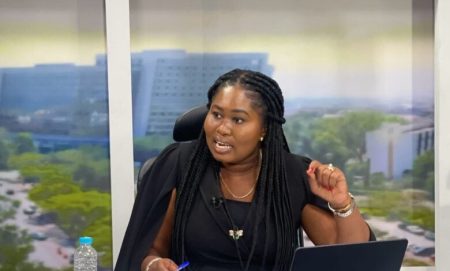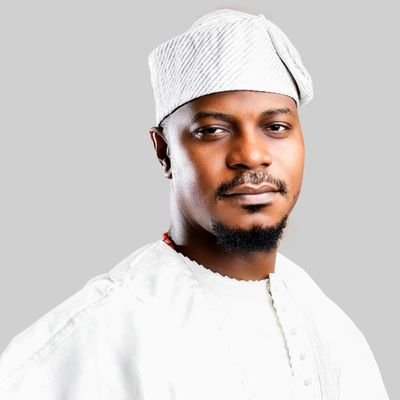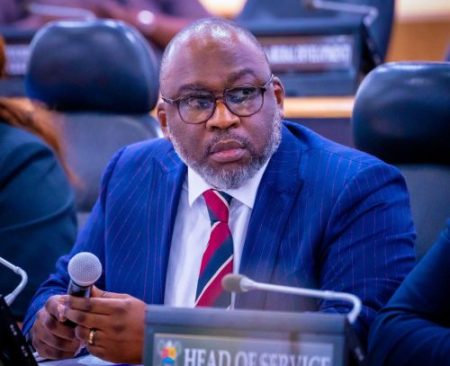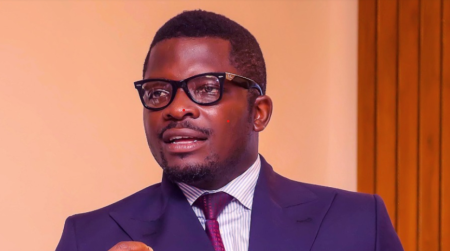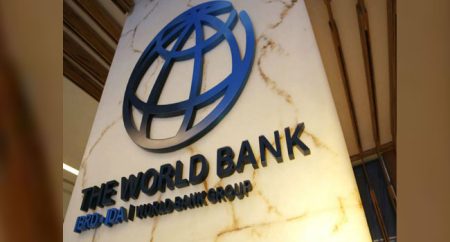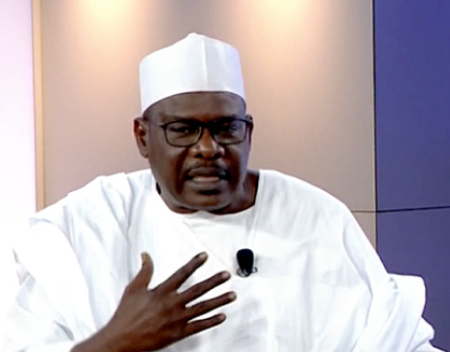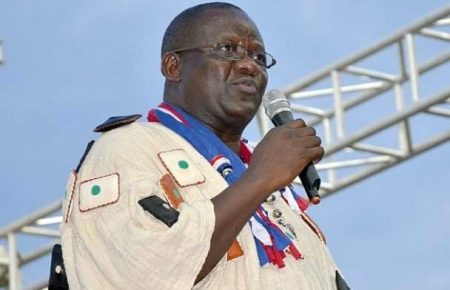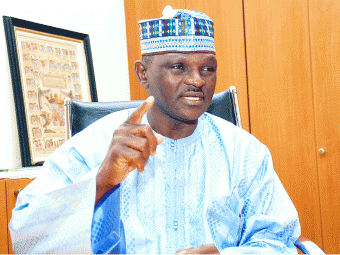The Economic and Organised Crime Office (EOCO), a crucial agency in Ghana’s fight against economic and organized crime, faces significant financial constraints that hamper its effectiveness. Executive Director Raymond Archer has publicly expressed concern over the agency’s inadequate funding, comparing EOCO’s resources unfavorably to those of other security agencies in the country. This disparity, he argues, limits EOCO’s potential, particularly given its vital role in investigating complex financial crimes and recovering illicit proceeds. Archer’s observations highlight a broader issue of resource allocation within Ghana’s security apparatus, raising questions about the prioritization of funding and the potential impact on the nation’s ability to combat sophisticated criminal activities. His appeal for increased financial support underscores the need for a comprehensive assessment of EOCO’s operational requirements and the development of a sustainable funding model that aligns with the agency’s mandate and the evolving landscape of economic crime.
EOCO’s recent high-profile operation involving the seizure of a luxury vehicle from popular dancehall artist Shatta Wale exemplifies the agency’s complex and often sensitive work. The Lamborghini Urus, reportedly linked to a convicted Ghanaian fraudster in the United States, was confiscated at Wale’s residence in Trassaco Valley following a request from the FBI and the US Department of Justice. This operation, conducted in collaboration with international law enforcement, underscores the transnational nature of economic crime and the importance of international cooperation in combating it. EOCO’s successful execution of the seizure, despite its limited resources, demonstrates the agency’s commitment to pursuing high-value targets and disrupting criminal networks, even under challenging circumstances. The case also highlights the potential for public figures to become entangled in complex financial schemes, emphasizing the need for proactive measures to prevent money laundering and other forms of economic crime.
The seizure of the Lamborghini, while a significant achievement, also reveals the intricate web of financial crime that EOCO is tasked with unraveling. The connection between the luxury vehicle, a popular musician, and a convicted fraudster in the US illustrates the sophisticated methods employed by criminal organizations to launder money and conceal illicit assets. EOCO’s investigation into this case likely involves painstaking financial analysis, international collaboration, and potentially complex legal proceedings. The agency’s success in this and similar cases depends not only on its investigative capabilities but also on its ability to effectively prosecute offenders and recover the proceeds of crime. This requires adequate resources for forensic analysis, legal expertise, and international cooperation, all of which are currently constrained by EOCO’s limited budget.
The financial challenges faced by EOCO underscore the broader need for a strategic approach to resourcing Ghana’s law enforcement agencies. The increasing complexity of economic crime, often involving international networks and sophisticated financial instruments, demands a commensurate investment in the agencies tasked with combating these threats. EOCO’s limited resources not only hinder its ability to conduct thorough investigations and prosecute offenders but also potentially compromise its ability to collaborate effectively with international partners. This could have significant implications for Ghana’s reputation and its ability to attract foreign investment, as a weak response to economic crime can create an environment of impunity that discourages legitimate business activity.
Addressing EOCO’s financial constraints requires a multifaceted approach. Increased budgetary allocations from the government are essential, but this alone may not be sufficient. Exploring alternative funding mechanisms, such as asset forfeiture funds, could provide a sustainable source of revenue for the agency. Furthermore, strengthening EOCO’s capacity through training and technological upgrades is crucial to ensuring its effectiveness in the face of increasingly sophisticated criminal activities. Investing in human capital and providing access to advanced investigative tools can significantly enhance the agency’s ability to detect, investigate, and prosecute complex financial crimes.
In conclusion, EOCO’s financial limitations represent a significant challenge to Ghana’s efforts to combat economic and organized crime. The agency’s critical role in investigating complex financial schemes, recovering illicit assets, and collaborating with international partners necessitates adequate resources and a strategic approach to funding. Addressing these challenges is not only essential for EOCO’s effectiveness but also for the integrity of Ghana’s financial system and its ability to attract foreign investment. A comprehensive review of EOCO’s resource needs, coupled with the exploration of alternative funding mechanisms and capacity-building initiatives, is crucial to ensuring that the agency can fulfill its mandate and contribute effectively to the fight against economic crime.





